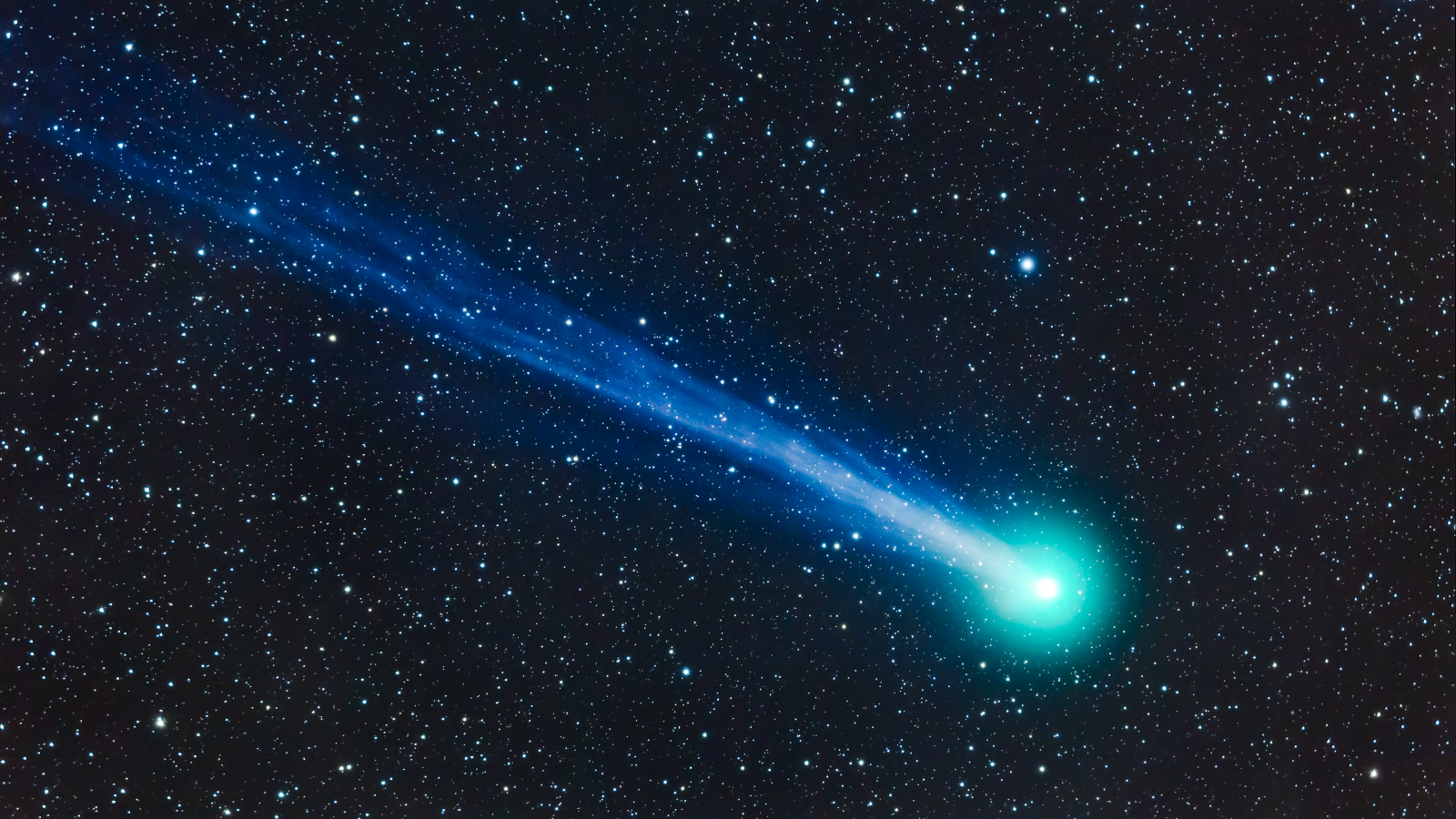Antioxidants Not the Only Key to Anti-Aging

Get the world’s most fascinating discoveries delivered straight to your inbox.
You are now subscribed
Your newsletter sign-up was successful
Want to add more newsletters?

Delivered Daily
Daily Newsletter
Sign up for the latest discoveries, groundbreaking research and fascinating breakthroughs that impact you and the wider world direct to your inbox.

Once a week
Life's Little Mysteries
Feed your curiosity with an exclusive mystery every week, solved with science and delivered direct to your inbox before it's seen anywhere else.

Once a week
How It Works
Sign up to our free science & technology newsletter for your weekly fix of fascinating articles, quick quizzes, amazing images, and more

Delivered daily
Space.com Newsletter
Breaking space news, the latest updates on rocket launches, skywatching events and more!

Once a month
Watch This Space
Sign up to our monthly entertainment newsletter to keep up with all our coverage of the latest sci-fi and space movies, tv shows, games and books.

Once a week
Night Sky This Week
Discover this week's must-see night sky events, moon phases, and stunning astrophotos. Sign up for our skywatching newsletter and explore the universe with us!
Join the club
Get full access to premium articles, exclusive features and a growing list of member rewards.
To many people, antioxidants and anti-aging go hand-in-hand. Antioxidants, which show up in everything from dietary supplements to cosmetics, are touted as the antidote to cell-damaging free radicals and the key to long-lasting youth.
But a new study on roundworms suggests that the relationship between aging and antioxidants isn't so simple.
The research, published in June in the journal Genetics, revealed that roundworms with genetic mutations that slowed their metabolism lived longer than regular roundworms — even though the mutated worms showed no evidence of increased protection from free radicals.
That means that the rate of living might be more important to lifespan than free radical damage, said Siegfried Hekimi, a molecular geneticist at McGill University and the lead author of the paper.
"You do not need to have lowered free radical production to live long," Hekimi said.
Free radicals and aging have been linked since the 1950s, when researchers argued that these unstable molecules could damage cells. Over many years of normal function, the theory goes, the damage accumulates and the organism ages. Antioxidants help inhibit free radical production and thus protect cells from damage.
But the evidence for a straightforward relationship between free radicals and aging has been mixed. [Related: 7 Ways the Mind and Body Change With Age]
Get the world’s most fascinating discoveries delivered straight to your inbox.
To experiment further, Hekimi and his colleagues used C. elegans, a 1 millimeter-long roundworm. They induced random mutations into the worms and picked out those that exhibited slow growth and slow physiological behaviors, like defecation. They then exposed the worms to several compounds that raise the concentration of oxygen-containing free radicals inside cells.
Although all 10 types of mutated worms lived several days longer than their non-mutated counterparts (a significant chunk of time for a creature with a maximum lifespan of three weeks), they showed no extra resistance to the stress caused by the free radicals. In most cases, the mutants were actually more sensitive than non-mutants.
The study "fits with some of the work that's coming out of the field," said Siu Sylvia Lee, a geneticist at Cornell University who was not involved in the study. Though free radicals are likely somehow involved in aging, she said, this and other studies like it suggest that the relationship between free radicals and aging isn't a straight correlation.
Hekimi isn't sure what makes the slow-living worms live longer or what role free radicals do play. But while it's too early to extrapolate the results to humans, the research does suggest consumers should be cautious about buying into antioxidant hype, he said.
"This is some data that suggests that even in principle, [antioxidants] cannot do you any good," he said. "Free radicals might still be involved in aging in complex ways, but this simple notion of ‘They're there, they're toxic, they cause aging,' that seems to be wrong."

Stephanie Pappas is a contributing writer for Live Science, covering topics ranging from geoscience to archaeology to the human brain and behavior. She was previously a senior writer for Live Science but is now a freelancer based in Denver, Colorado, and regularly contributes to Scientific American and The Monitor, the monthly magazine of the American Psychological Association. Stephanie received a bachelor's degree in psychology from the University of South Carolina and a graduate certificate in science communication from the University of California, Santa Cruz.
 Live Science Plus
Live Science Plus










